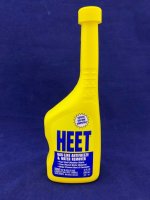In areas affected by a fire ban what is an acceptable method for cooking?
Imagine stick stoves are no go but a jetboil ok? Alcohol stoves….yes or no?
In the national forests in Idaho, stick stoves are not allowed during a fire ban. I asked. Petro fuel stoves are okay. I didn't ask about alcohol stoves, but it looks to me like they wouldn't be any different in status than a white gas stove.

